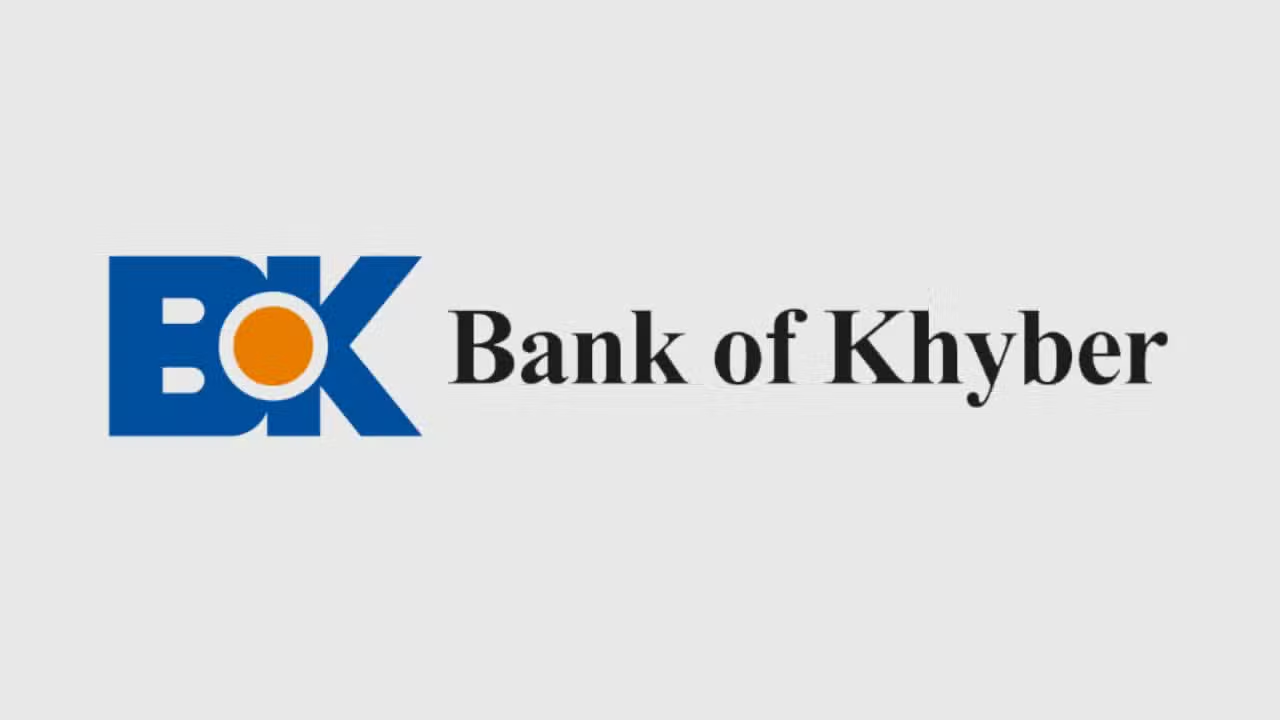
Behind the Curtain: Understanding the Real Stakes in the Bank of Khyber Disciplinary Saga
The Bank of Khyber (BoK), a prominent provincial operating under the Government of Khyber Pakhtunkhwa, has recently found itself in the center of a disciplinary controversy that has sparked debate among financial experts, political observers, and the public. While the headlines highlight suspensions and internal inquiries, the underlying story suggests a deeper entanglement of administrative control, political interests, and the strategic importance of public financial institutions in regional governance.
The controversy began when disciplinary actions were initiated against several senior officials of the bank, including regional heads and key executives. These actions were officially described as responses to alleged violations of internal policies, mismanagement, and failure to meet performance benchmarks. However, insiders and analysts suggest that the developments may not be merely about procedural discipline. Instead, they may reflect a broader struggle over control, transparency, and the future direction of the bank.
The Bank of Khyber, established in 1991, holds a unique position in Pakistan’s banking landscape. As a government-owned institution, it plays a crucial role in channeling development funds, supporting provincial projects, and providing financial services to underserved areas. This strategic role has made BoK an important lever for economic planning in the province, but it also exposes the bank to political influence, particularly during times of administrative transition or policy shifts.
Observers note that the timing of the disciplinary proceedings coincides with changes in the provincial political setup and shifting priorities in economic governance. With new leadership aiming to reassert control over key state institutions, the actions against BoK officials are seen by some as a move to clear the decks for a new administrative approach. There is speculation that these developments are part of an effort to reorient the bank’s operations in line with emerging political agendas or to enable new appointments that reflect current power dynamics.
While the official stance from the bank’s board points to performance reviews and the need for internal accountability, critics argue that selective enforcement of rules and lack of transparency in the process raises questions about fairness and due process. Employees and unions have voiced concerns over the ambiguity of the charges and the absence of a clear mechanism for appeal or defense. This has led to growing anxiety among staff and stakeholders about job security, institutional stability, and the future of independent governance in the bank.
Financial experts warn that such internal disruptions, especially when perceived as politically motivated, can undermine investor confidence and impact the bank’s reputation in the broader financial sector. BoK operates in a competitive environment alongside major national banks and private institutions. Any sign of instability, whether managerial or political, could affect client relationships, interbank transactions, and the bank’s ability to attract new business.
At the same time, the disciplinary saga has reignited conversations about the governance of public sector banks in Pakistan. There is a long-standing debate over how much political oversight is appropriate for government-owned financial institutions and where the line should be drawn between public accountability and operational independence. The BoK episode highlights the urgent need for robust legal frameworks, clear lines of authority, and mechanisms that safeguard institutions from undue political interference while maintaining checks on performance and ethics.
In the broader context, the BOK’s role extends beyond banking. It represents a model of provincial self-reliance and economic empowerment in a federal system. Any changes to its governance, whether administrative or political, carry implications not only for financial operations but also for public trust and the province’s autonomy in managing its resources. As the disciplinary measures continue to unfold, the situation remains a critical case study in how institutional integrity can be tested in environments where political and economic interests intersect.







